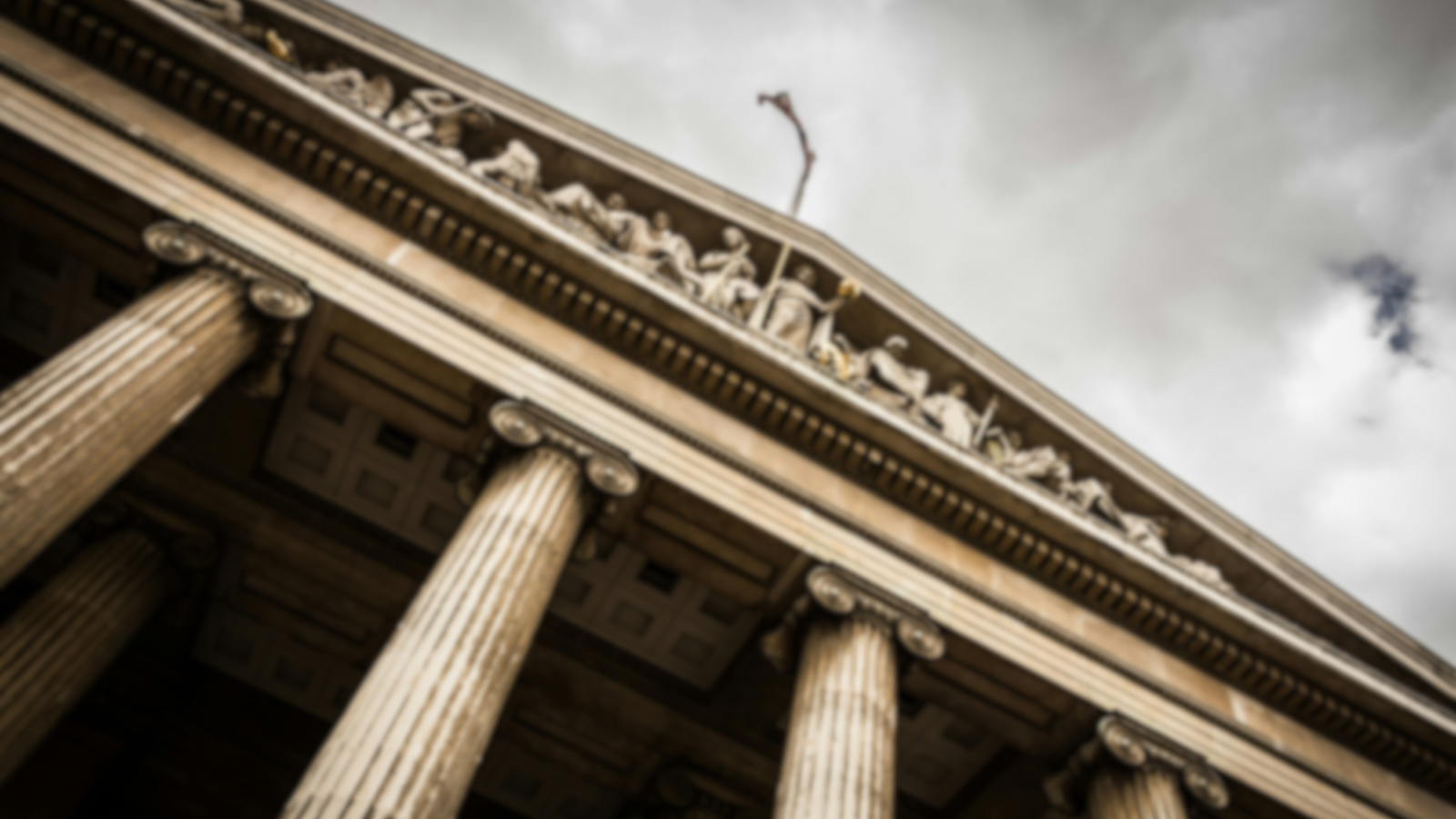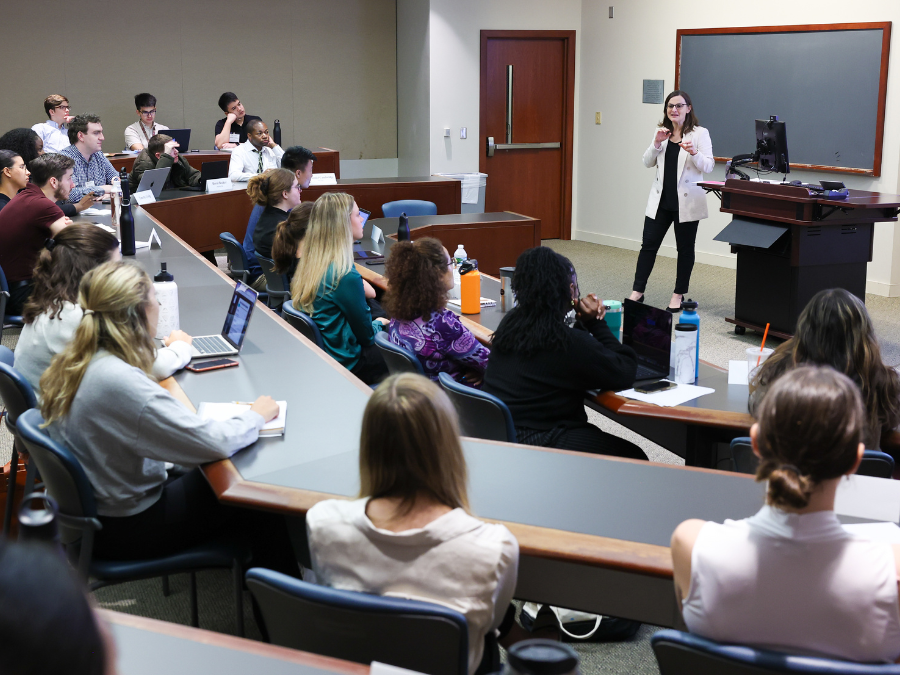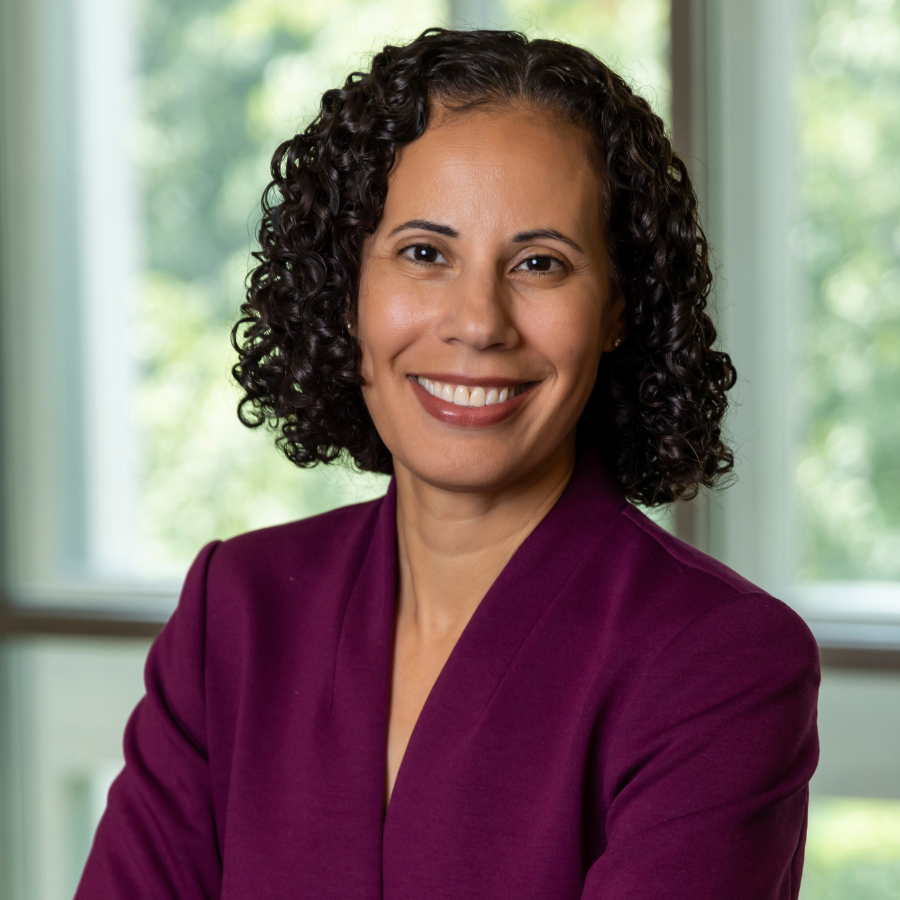Professors in Conversation
Drawing from her extensive research, Professor Sudeall reveals the surprising realities of America’s court system: most cases unfold in local, informal settings with no lawyers present, leaving individuals to navigate overwhelming and often chaotic processes on their own. She challenges us to rethink what it means to participate meaningfully in democracy through the courts and what fairness, accountability, and self-determination should look like in practice.

 Working in partnership with the Office of Public Interest and several Nashville-based legal service providers, this program and its related course(s) facilitate court observation by law students.
Working in partnership with the Office of Public Interest and several Nashville-based legal service providers, this program and its related course(s) facilitate court observation by law students.